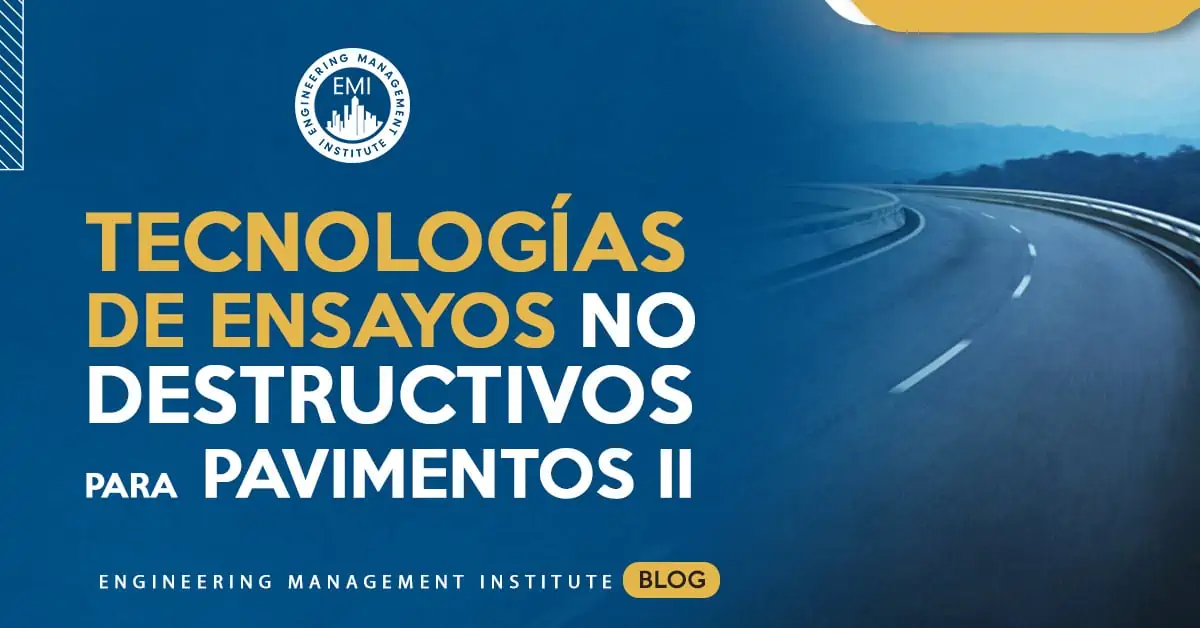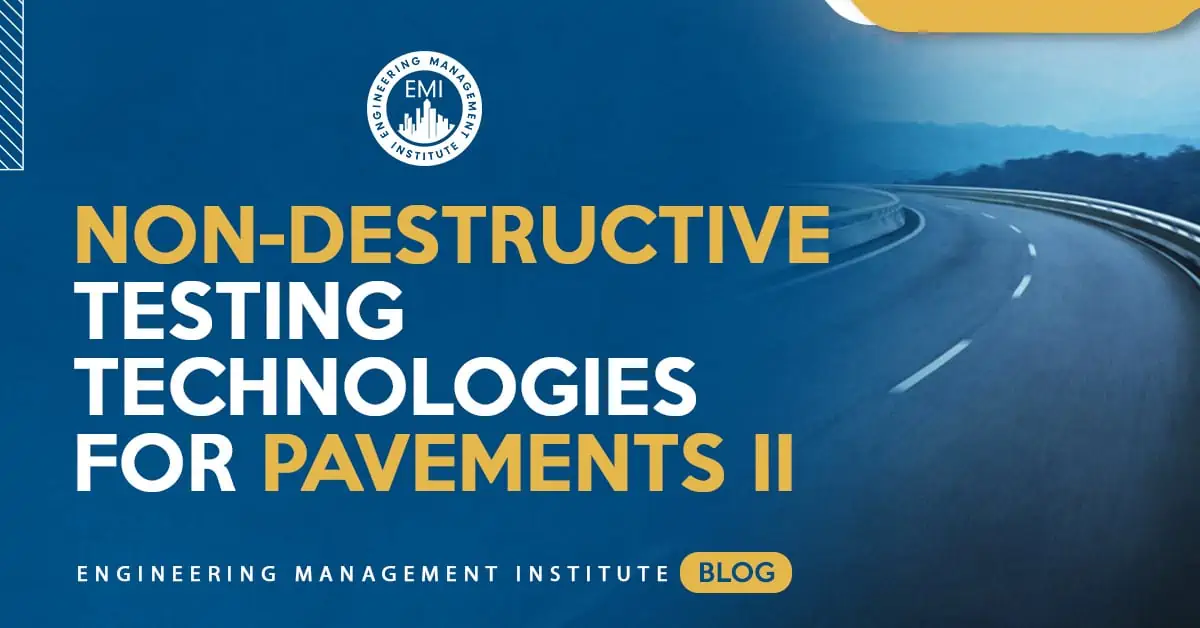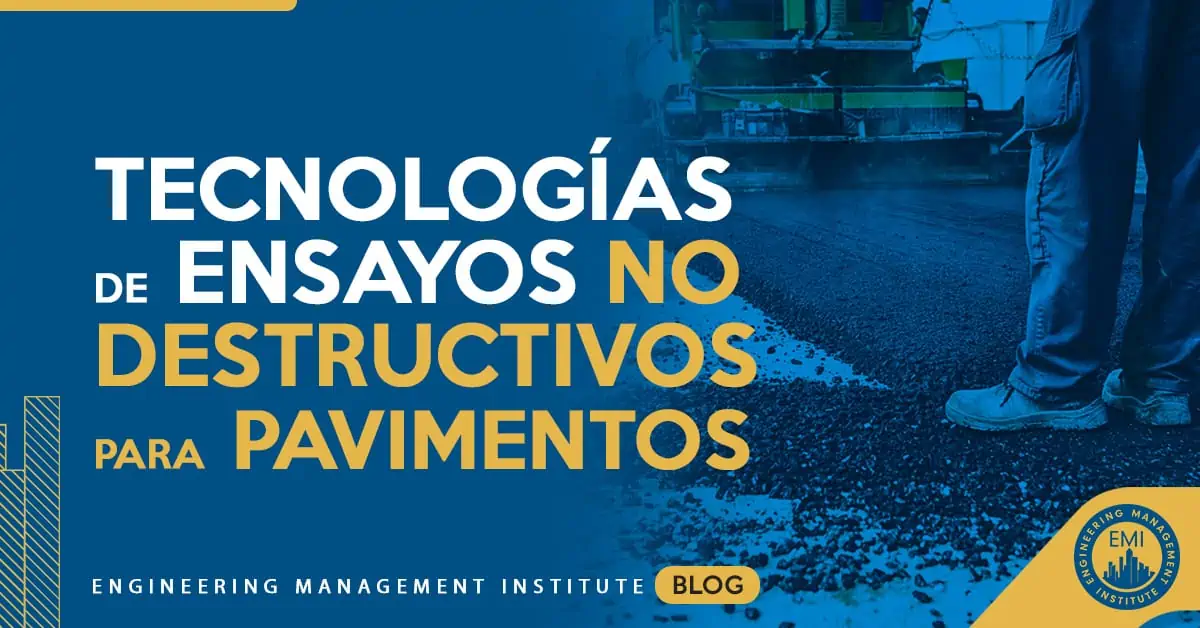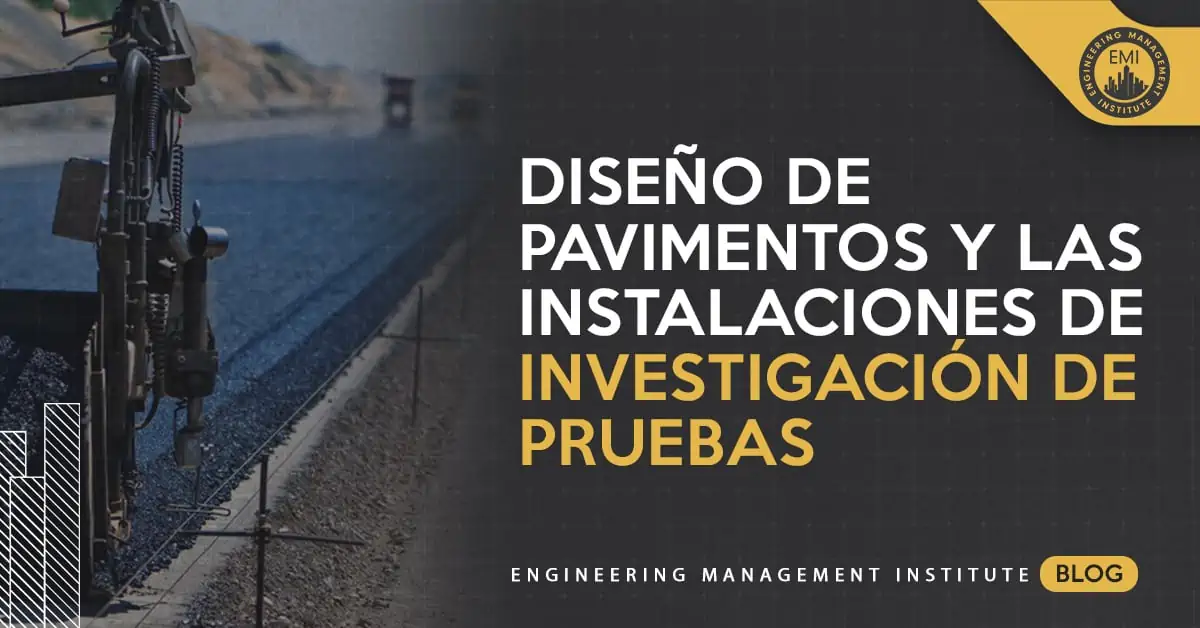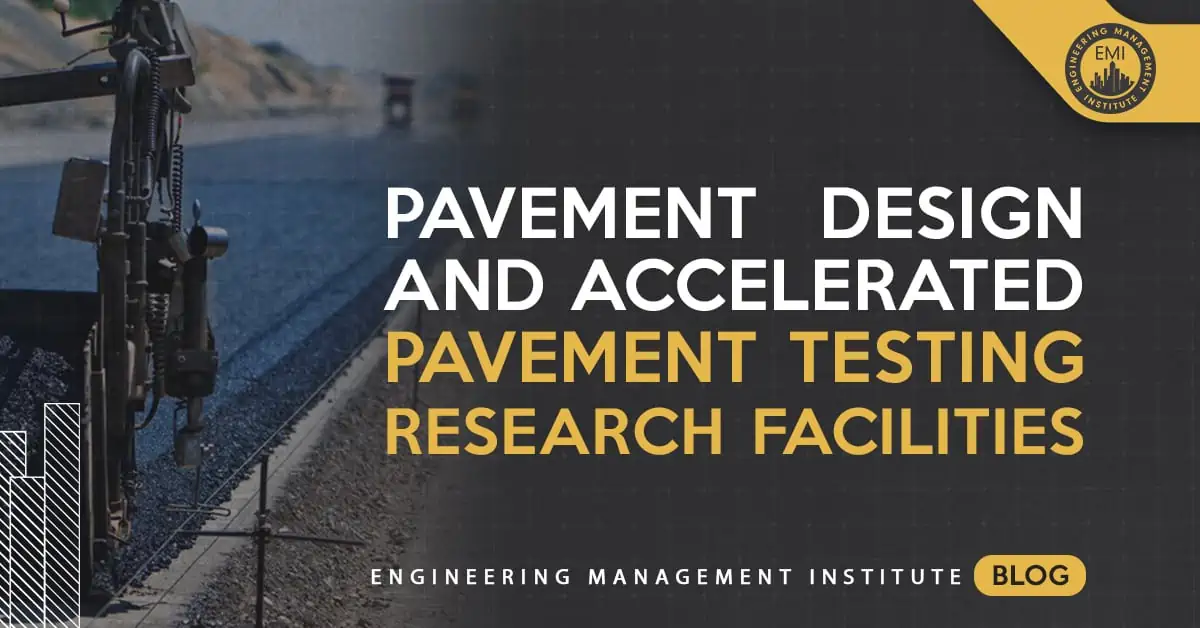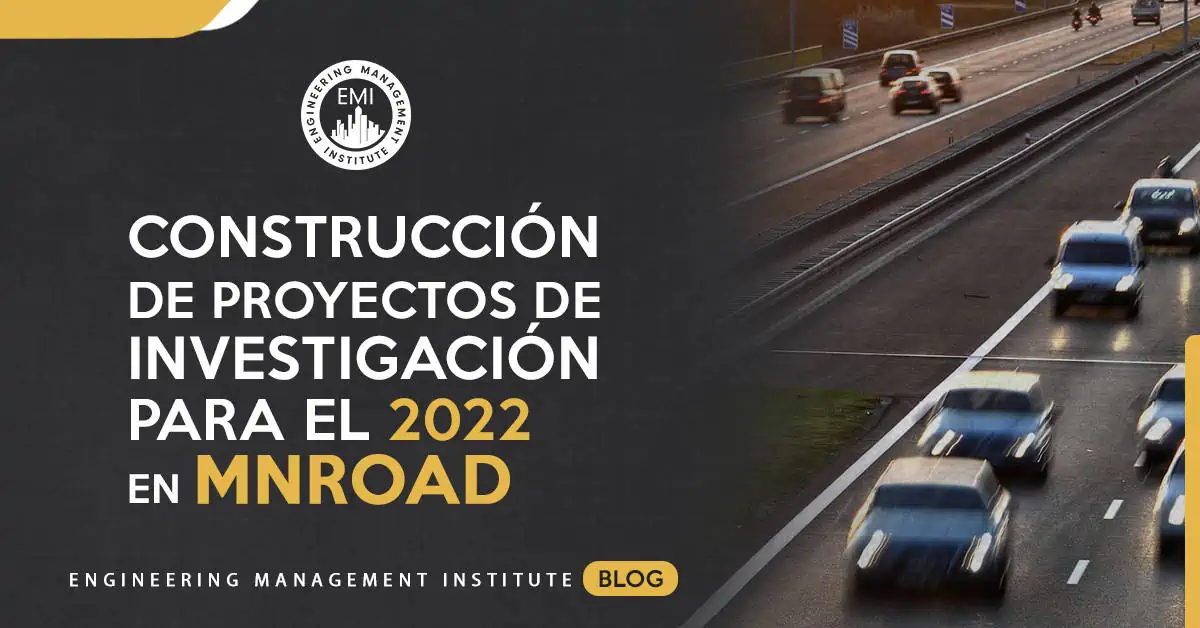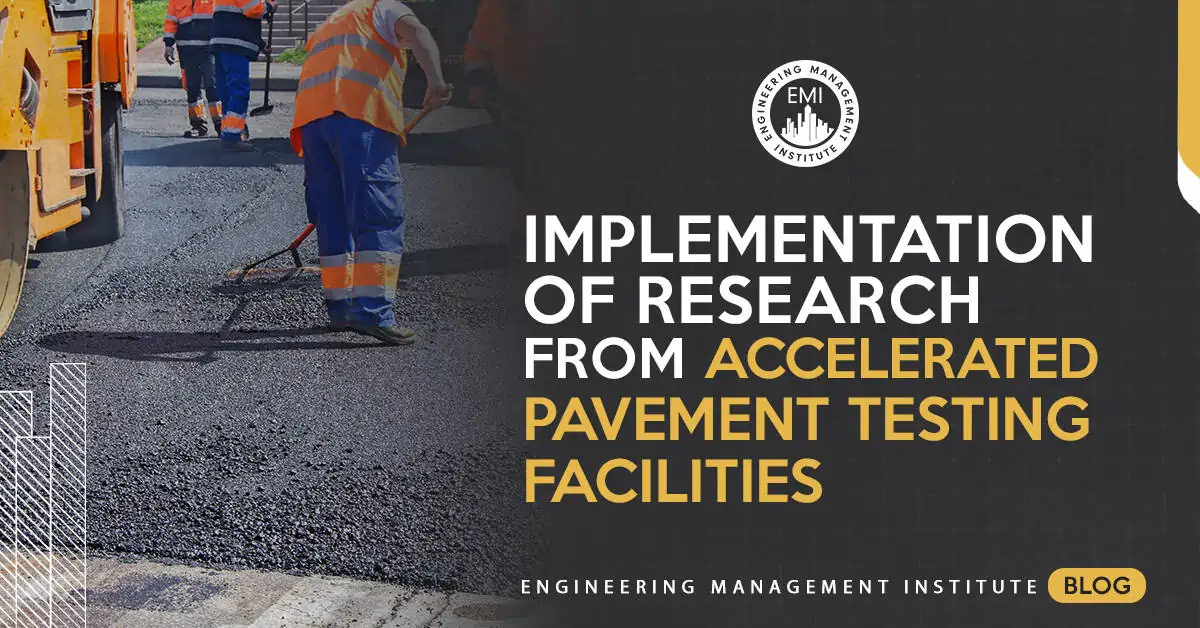En mi artículo anterior sobre tecnologías de ensayos no destructivos para pavimentos, destaqué la importancia de dichas tecnologías durante y después de la construcción de carreteras. Los ingenieros y técnicos confían más en los métodos de pruebas no destructivas (NDT, por sus siglas en inglés) para evaluar las características, la calidad y el rendimiento de los materiales utilizados en la construcción de las diferentes capas del sistema de pavimento porque es una técnica muy valiosa que puede ahorrar dinero y tiempo en la evaluación e investigación de las diferentes capas y materiales de pavimento. Las decisiones relacionadas con el control y la garantía de la calidad del pavimento se basan tradicionalmente en métodos de muestreo destructivos de cobertura limitada, como la extracción de muestras o testigos, que representan significativamente menos del 1% del pavimento en servicio.
Debido a que la prueba NDT no alteran permanentemente el área que se inspecciona, la realización de la prueba no es destructiva por naturaleza. Esto ayuda a reducir cualquier aumento de costo y tiempo necesario para evaluar materiales in situ debido a una alteración de los materiales o capas de pavimento ensayadas y, por lo tanto, no es necesaria la corrección del posible daño causado para mantener la integridad del pavimento diseñado.
[Read more…] about Tecnologías de Ensayos No Destructivos para Pavimentos II
